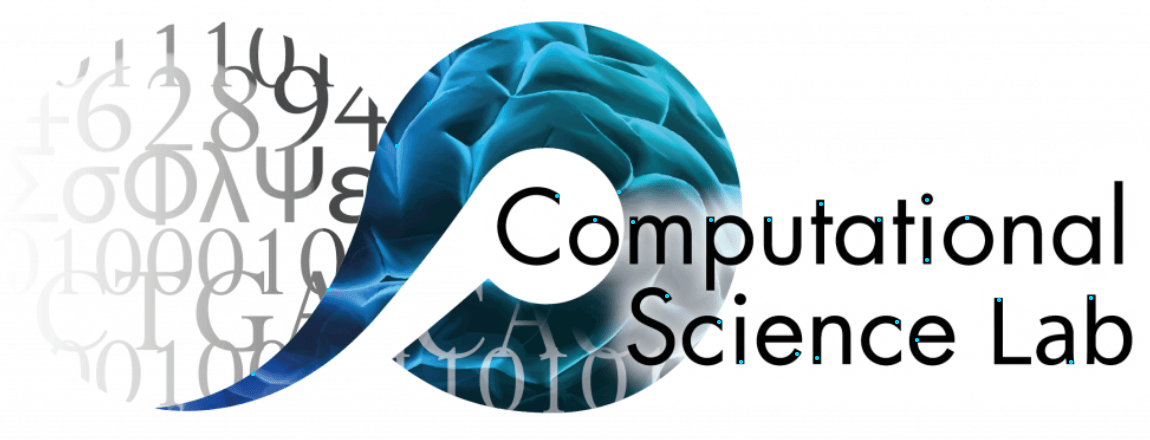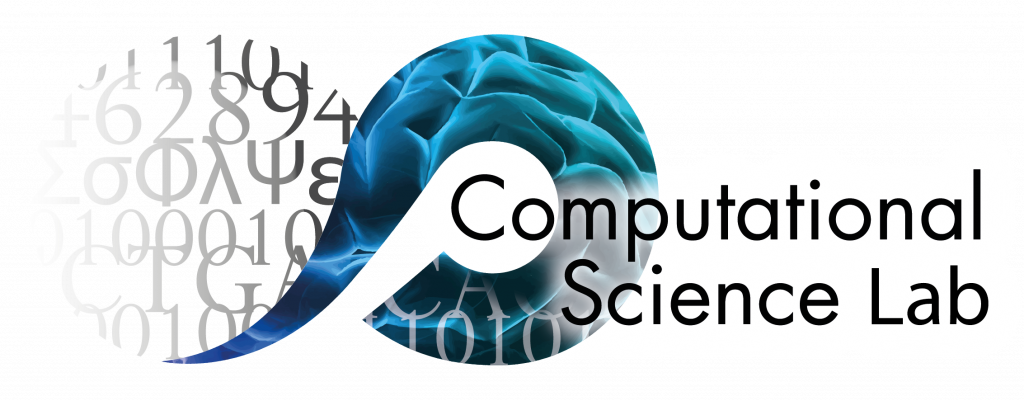Explore the Frontiers of Computational Science
Innovative Computational Projects

Join our Group!

Joint-PhD Position on Advancing Machine Learning Methods for High-Frequency Financial Time-Series Data (Apply before 30-6-2025)
Amsterdam, Netherlands
Are you passionate about using advanced machine learning techniques to solve real-world problems in financial trading? Do you enjoy working with high-frequency data and building robust, data-driven models that impact decision-making in real-time markets? We invite applications for a Joint-PhD position at the University of Amsterdam, in collaboration with quantitative trading firm Deep Blue Capital. This PhD project will be carried out under joint supervision from academia and industry, with affiliations at both the Korteweg-de Vries Institute for Mathematics (KdVI) and the Informatics Institute (IvI), as well as Deep Blue Capital. This unique setting gives you the opportunity to combine rigorous academic research with real-world applications in quantitative finance, particularly statistical arbitrage.
